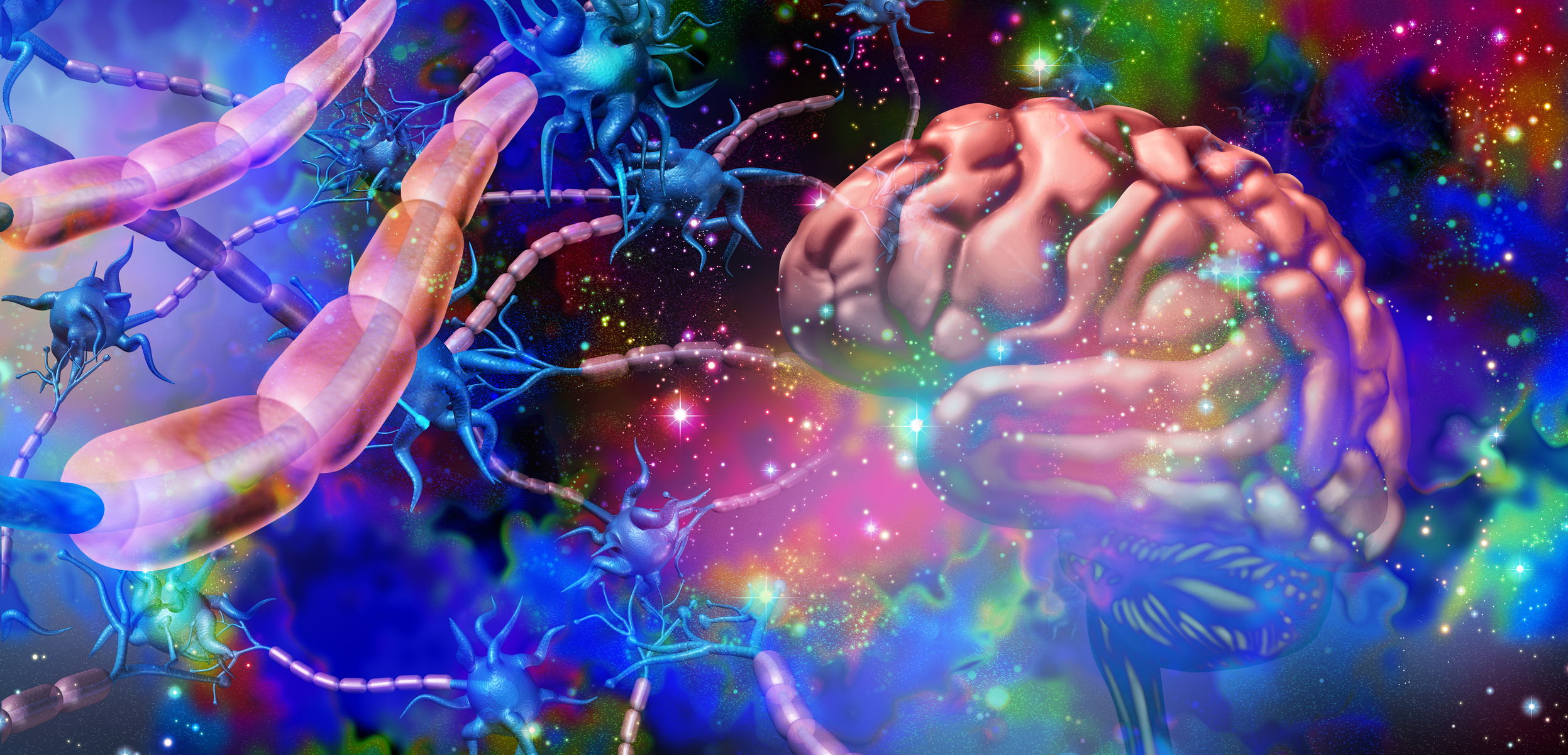Cannabidiol (CBD) has recently been approved as an add-on therapy by various regulatory agencies for tuberous sclerosis complex (TSC)-associated seizures based on its short-term efficacy and safety in a pivotal randomized controlled trial. However, critical information about which patients with TSC and seizure types respond best to CBD (clinical, electrophysiological, and genetic predictors of responsiveness), when to use CBD in the treatment algorithm, and how CBD can be combined with other antiseizure medications (ASMs) in the form of a rational polypharmacy therapy is still lacking. In general, there is a limited in-depth critical review of CBD for the treatment of TSC to facilitate its optimal use in a clinical context. Here, we utilized a scoping review approach to report the current evidence of efficacy and safety of pharmaceutical-grade CBD in patients with TSC, including relevant mechanism of action and drug-drug interactions with other ASMs. We also discussed emerging information about CBD’s long-term efficacy and safety data in patients with TSC. Finally, we discussed some critical unanswered questions in several domains related to effective clinical management of TSC using CBD, including barriers to early and aggressive treatment in infants, difficulty with universal access to CBD, a lack of studies to understand CBD’s impact on seizure severity and specific seizure types, insufficient exploration of CBD in TSC-related cognitive and behavioral issues, and the need for more research into CBD’s effects on various biomarkers.Copyright © 2022 Elsevier Inc. All rights reserved.
A scoping review on cannabidiol therapy in tuberous sclerosis: Current evidence and perspectives for future development.


